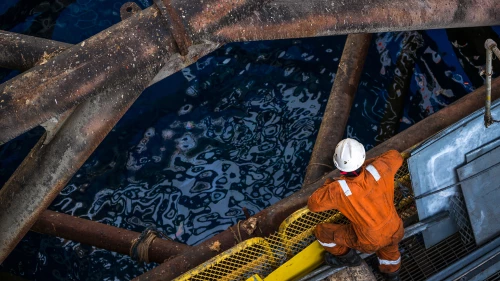Our Energy Services
Related Services
Our Approach to the Future of Energy
Traditional energy sector boundaries are blurring as companies throughout every industry reach different stages in their energy transformation. As the new energy future continues to emerge, leaders must turn away from old approaches, embrace new thinking, and reinvent business models to ensure the proper supply and demand of sustainable energy for both businesses and the world beyond.
BCG’s energy consultants help clients decarbonize and rapidly scale zero-carbon solutions and technologies by working shoulder-to-shoulder with them to solve the energy trilemma—ensuring affordable, reliable, and sustainable energy—no matter where they are in their energy transformation.
Tomorrow’s energy solutions take shape today as BCG orchestrates innovative models and partnerships that strive for what’s best for all of us.
Our Client Success in Energy


Center for Energy Impact
Explore Our Insights on Energy















